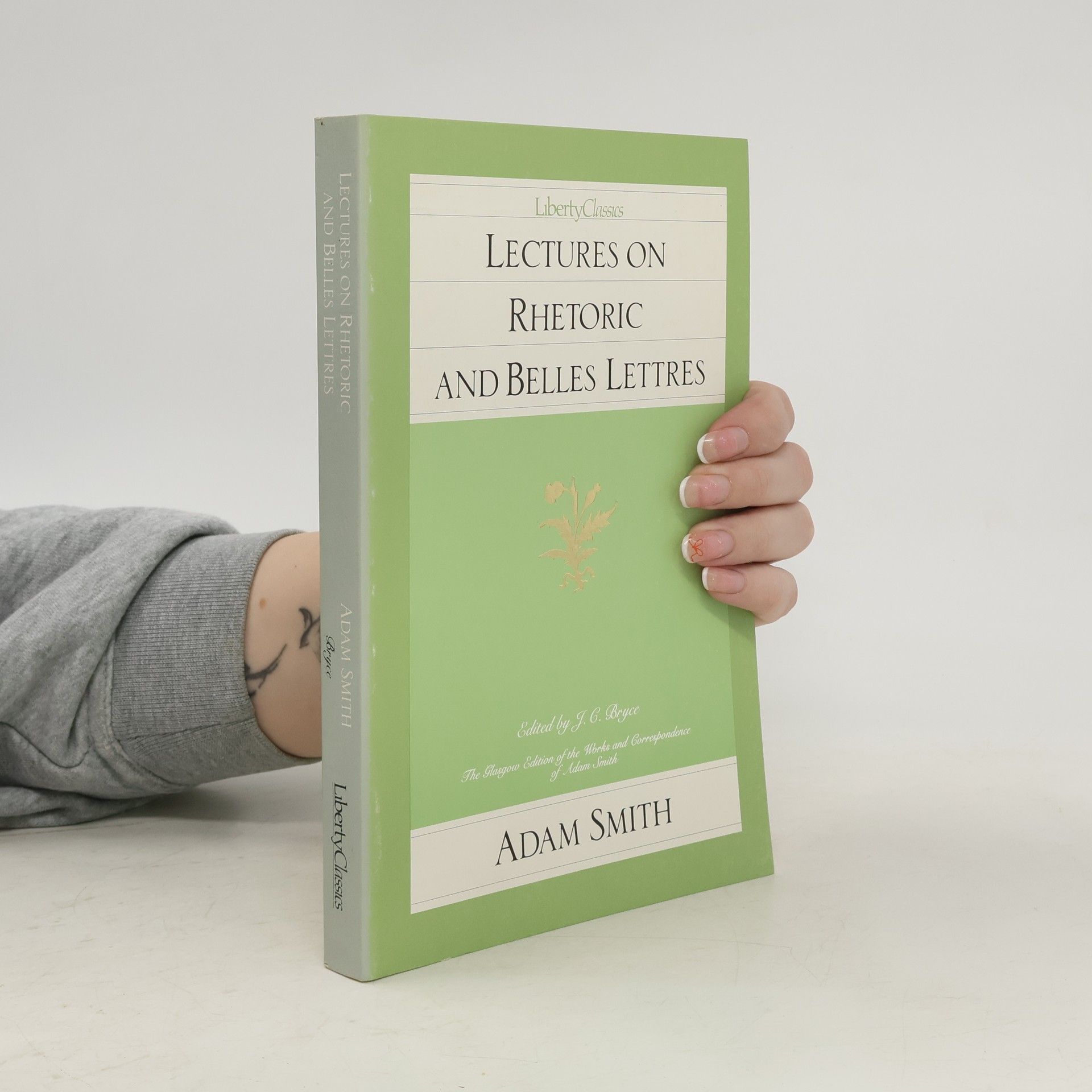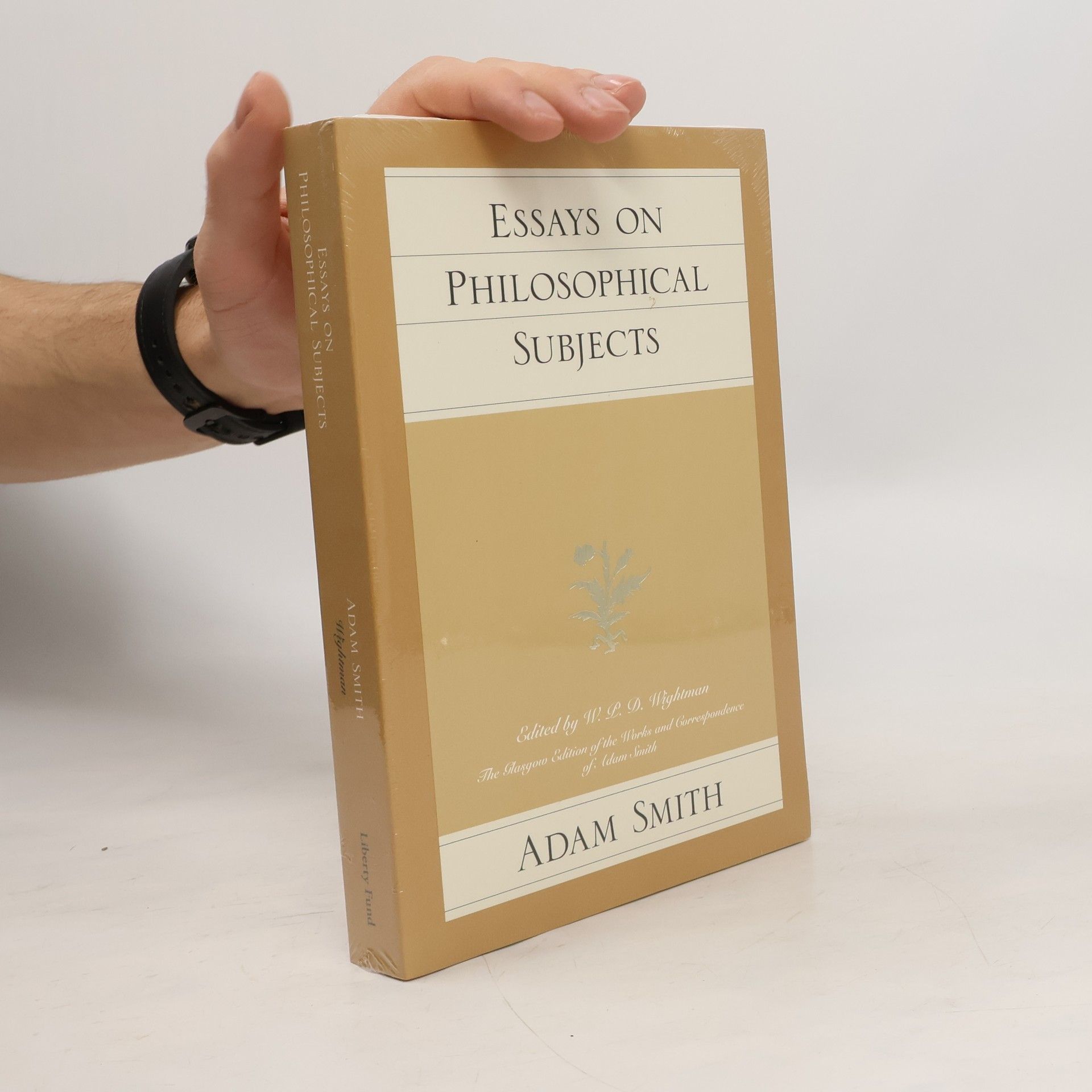The Beatles' London
- 232 páginas
- 9 horas de lectura
Where Did John, Paul and George try to post Ringo into a letterbox? Which railway stations were locations in 'A Hard Day's Night?' 'Where was 'I Am The Walrus' filmed? They may have been born in Liverpool, but London was the Beatles’ home away from home; the place where they really grew into their roles as international musical and cultural icons. Subsequently, all over the city, there are sites which represent a significant shared moment in the history of the band, and that of London. "The Beatles London" is a celebration of those places, both a guide book and a treasure trove of Beatles' nuggets. This unique and fascinating book details how London and the Beatles were, and always be, connected together at the time of a great social and cultural shift. Originally published in 1994, this new edition has been full updated and reformatted, and includes a section on 'Beatles walks' to take across the capital.









